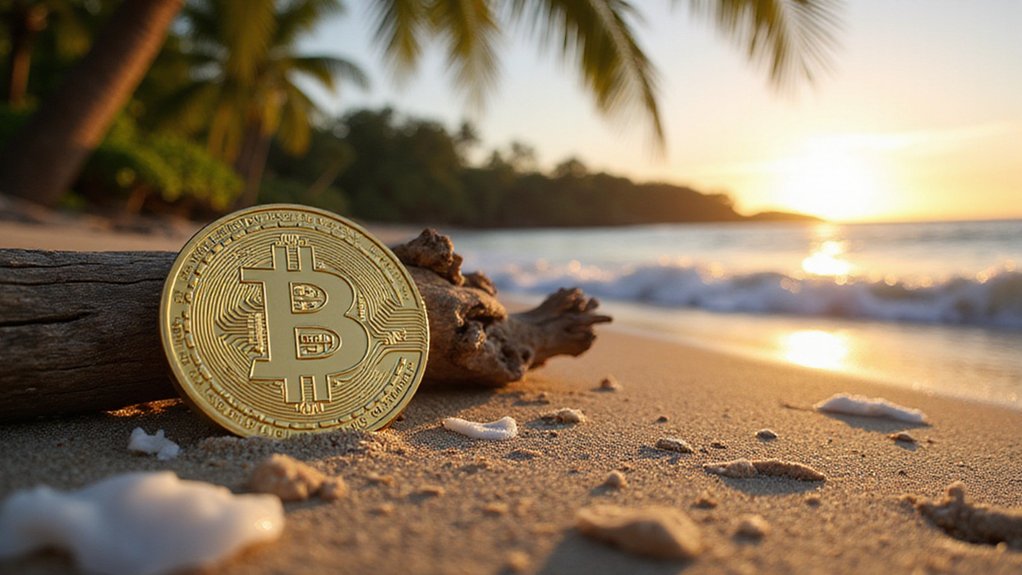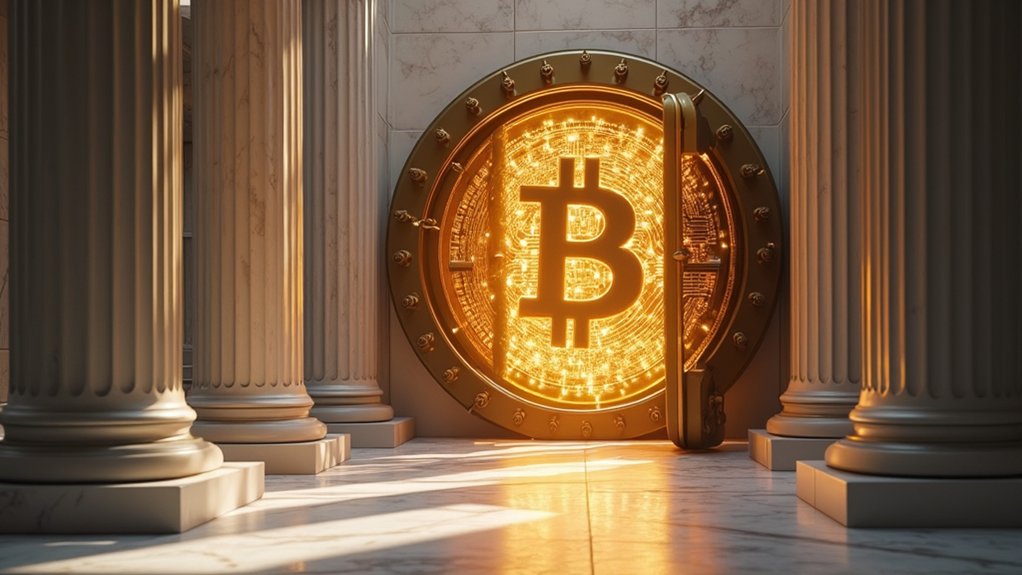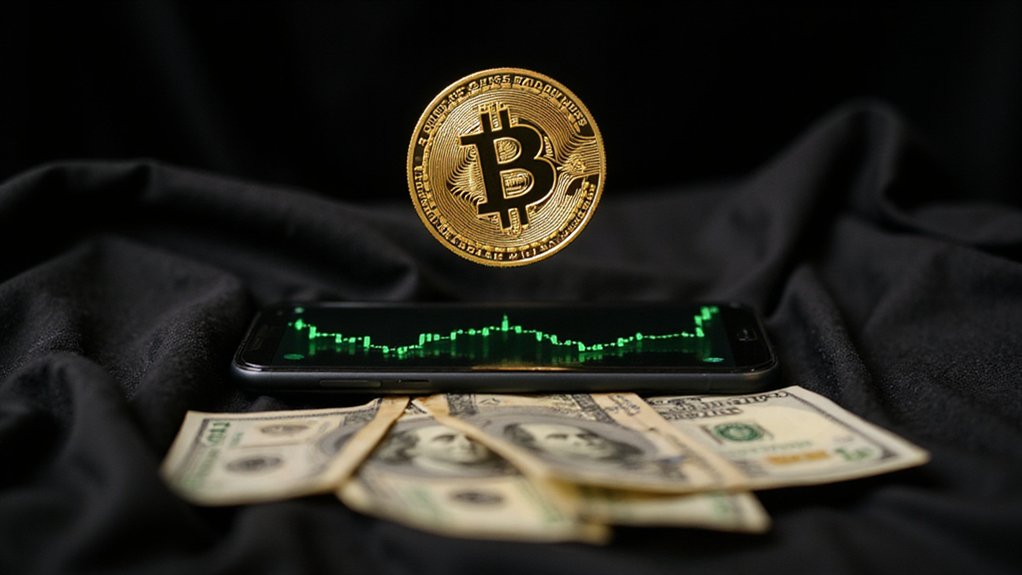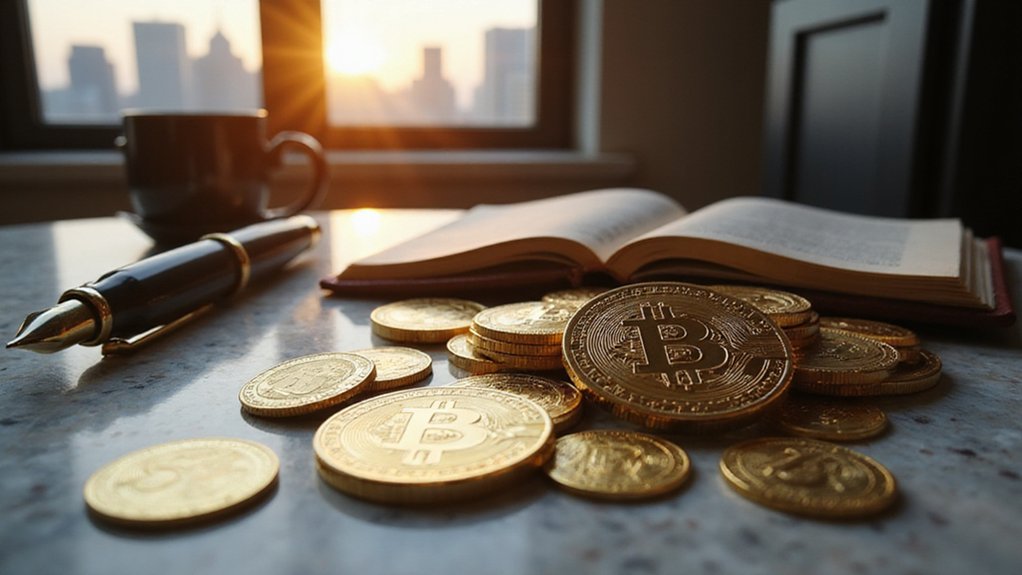While most financial centers debate the theoretical merits of blockchain integration, Dubai has characteristically bypassed the philosophical handwringing and simply approved the world’s first tokenized money market fund—a $3 billion demonstration of the emirate’s peculiar talent for transforming experimental concepts into regulated reality.
The Dubai Financial Services Authority‘s approval of the QCD Money Market Fund, backed by Qatar National Bank and DMZ Finance, represents more than regulatory novelty. Established within the Dubai International Financial Centre, this landmark achievement signals that tokenized assets have graduated from speculative curiosity to institutional-grade investment vehicles, complete with the regulatory blessing that nervous fund managers have long demanded.
Dubai’s approach reveals an almost entrepreneurial pragmatism in financial regulation. While other jurisdictions wrestle with extensive frameworks, the emirate has implemented transitional compliance practices—maintaining parallel on-chain and paper-based record-keeping systems—that acknowledge the messy reality of digital transformation.
The Dubai Financial Services Authority, alongside VARA and ADGM, continues finalizing frameworks ensuring tokenized assets meet global standards, but they haven’t allowed regulatory perfection to become the enemy of practical progress.
The economic implications extend beyond symbolic victories. Tokenized real-world assets in Dubai have reached $3 billion in value, positioning the emirate as an early leader in a market projected to surge to $18.9 trillion by 2033. The transformation proves particularly compelling in accessibility: minimum investment thresholds have plummeted from $5 million to $20,000, democratizing participation in previously exclusive asset classes through fractional ownership enabled by blockchain technology. This tokenisation approach unlocks liquidity for historically illiquid assets like real estate and art, enabling operational efficiencies through automated compliance. Smart contracts facilitate seamless ownership transfers and dividend distributions, eliminating the need for traditional intermediaries in asset management.
Institutional adoption follows predictable patterns. Qatar National Bank leads investment strategy while DMZ Finance provides underlying technology architecture, exemplifying the collaborative approach between traditional finance and fintech innovation. Major players like BlackRock and Hamilton Lane are experimenting with similar tokenized funds, suggesting Dubai’s regulatory clarity is attracting serious institutional attention rather than merely speculative interest.
The combination of zero-tax regimes and regulatory transparency creates an environment where international crypto firms and startups can operate with confidence. Dubai’s financial revolution isn’t merely about adopting blockchain technology—it’s about creating practical frameworks that transform theoretical possibilities into investable realities.









